Go on doing, go on to do... (B1)
Vazby se slovesem GO (327)
Na Landigo se dnes zaměříme na vazby slovesa GO s dalším slovesem (go cycling, go on cycling, go on to cycle...).
Vazby se slovesem GO – procvičování:
Další lekce s GO:
- Be going to (A1)
- Come or go? (A1)
- Předložky a vazby se slovesem GO (A2)
What are we going to do tomorrow? – How about going rafting?
| Záměr: |
What are we going to do?
|
| Volnočasová aktivita: |
How about going rafting?
|

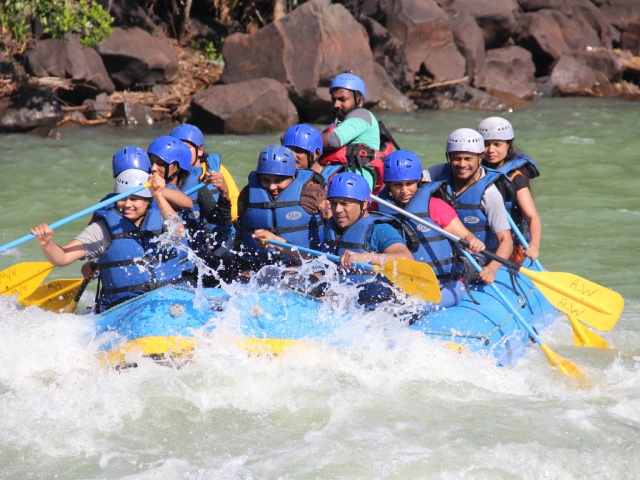
Vazby GO s dalším slovesem:
- Volnočasová aktivita:
How often do you go cycling?
- Záměr:
I was going to cycle, but then it started to rain.
- Blízká budoucnost:
You have a helmet on. Are you going to cycle?
- Konstatování, že se něco udělá:
You should go and cycle now. It might rain later on.
- Pokračovat ve stejné činnosti:
Even though it was raining heavily, I went on cycling.
- Pokračovat další činností:
After having breakfast, I went on to cycle.
Go cycling, go fishing... = volnočasová aktivita
Pokud mluvíme o činnosti, kterou děláme pro zábavu (obvykle sport nebo nějaký koníček), použijeme GO + -ING:





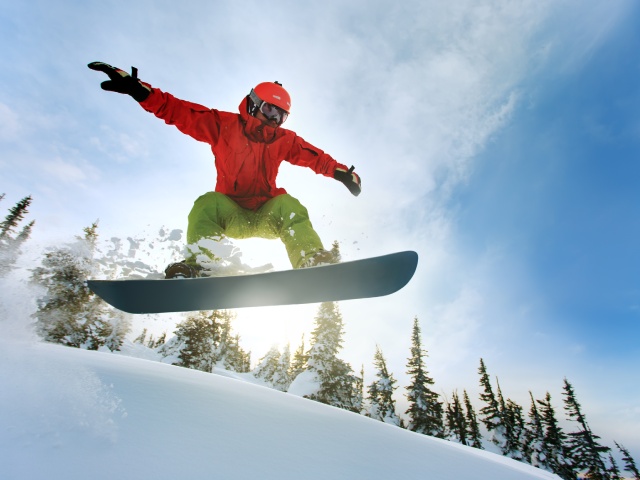



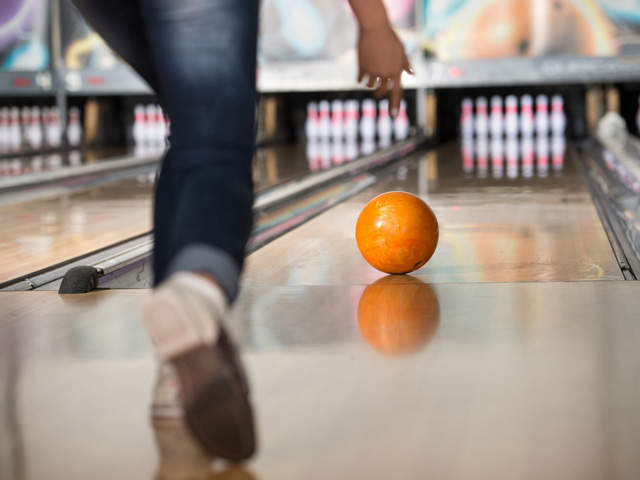

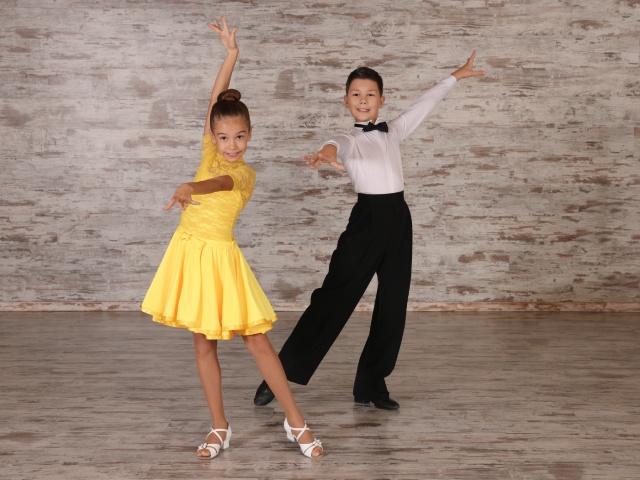



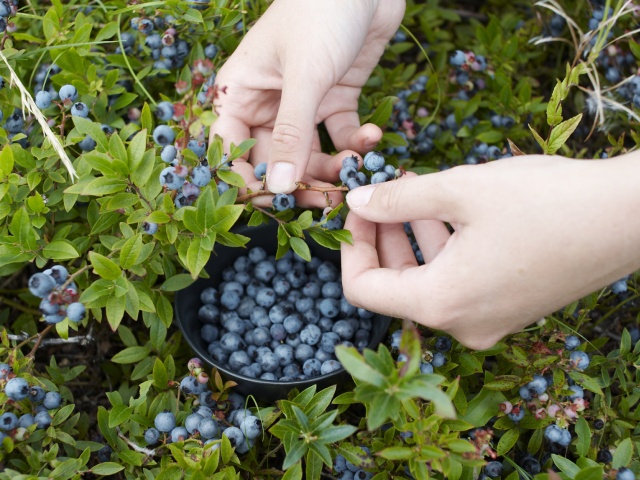
Pozor na správný slovosled:
|
go mountain climbing
|
|
go strawberry picking
|
Nikoliv: go climbing mountain, go picking strawberry
Podstatné jméno je v jednotném čísle:
|
go mountain climbing
|
|
go blueberry picking
|
Nikoliv: mountains, strawberries
Our holiday in South America was awesome. We went hiking or swimming every single day.
| Volnočasová aktivita: |
|
go hiking
|
|
go swimming
|
|
go sightseeing
|

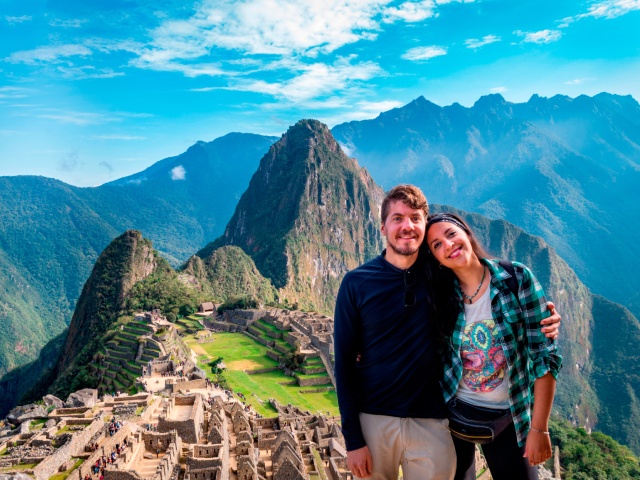
In some countries, it's quite common to go mushroom picking.
|
go mushroom picking
|
| go picking mushroom |
| go mushrooms picking |

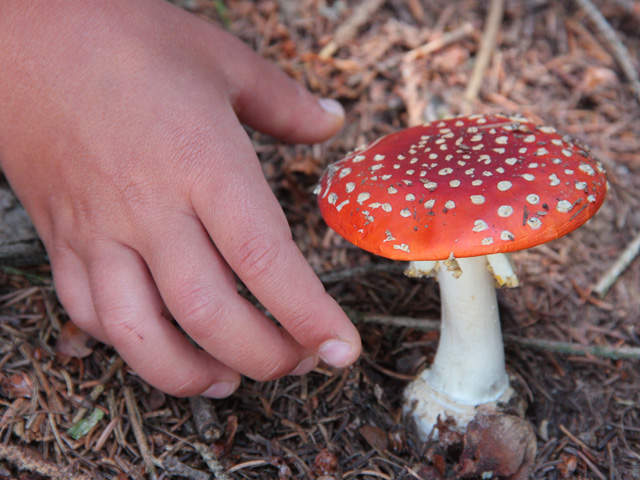
Be going to do = mít v úmyslu/hodlat dělat
Pomocí BE GOING TO + infinitivu vyjadřujeme záměr nebo plán:
|
I'm going to (= I want/intend to) marry Rachel one day.
|
|
Are they going to travel this year?
|
WAS/WERE GOING TO obvykle vyjadřuje, že jsme něco chtěli udělat, ale nakonec jsme to neudělali:
|
I was going to propose to her yesterday, but she got angry with me, so I didn't. (= I wanted to but I didn't.)
|
|
They were going to travel, but in the end they couldn't.
|
I'm going to move to Madrid next year. I've been thinking about it for a while now.
| Záměr: |
I'm going to move.
|
| Právě se rozhodnout: |
I'll move.
|

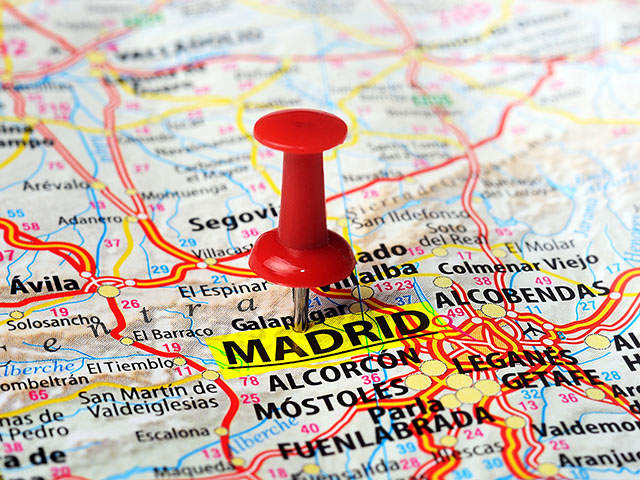
Sean was going to call you, but he totally forgot about it.
|
He was going to call you.
|
|
He wanted to call you, but he didn't.
|

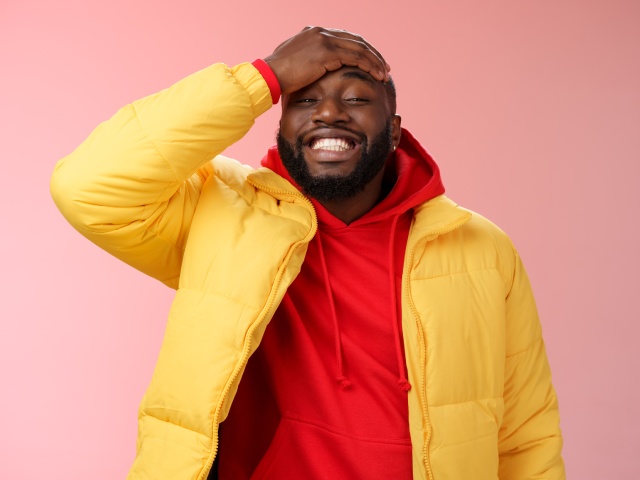
Be going to do = dělat v blízké budoucnosti
Pomocí BE GOING TO + infinitivu vyjadřujeme blízkou budoucnost. Často jde o nevyhnutelnou/velmi pravděpodobnou budoucnost na základě toho, co vidíme nebo co se právě děje:
|
Watch out! Those boxes are going to fall! (= I can see the boxes are unstable, they will most likely fall very soon.)
|
|
Look at the dark clouds, it's going to rain. It's inevitable. (= It's very likely it'll rain soon because of the dark clouds.)
|



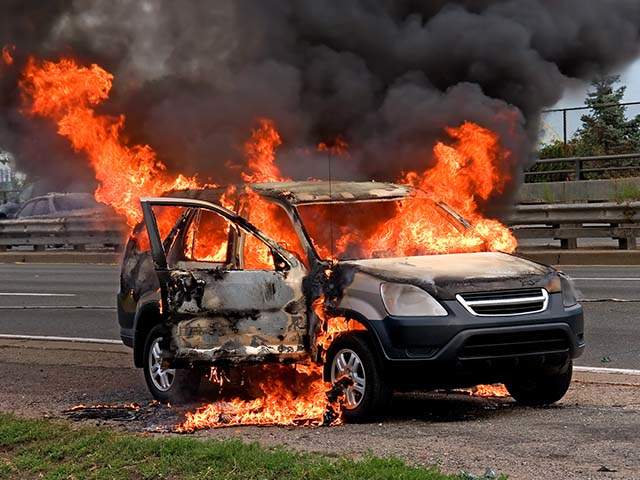

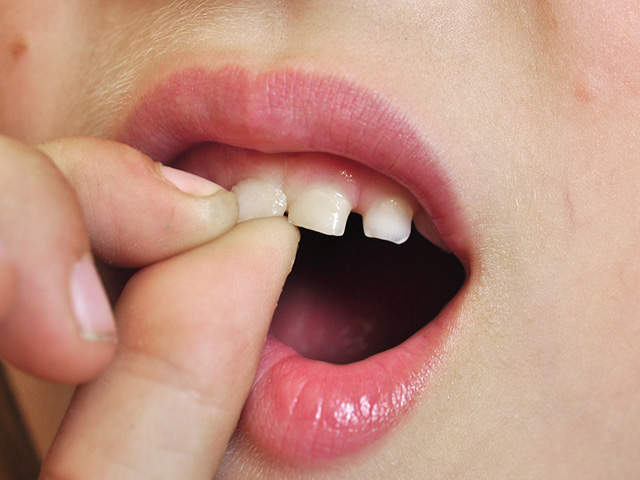

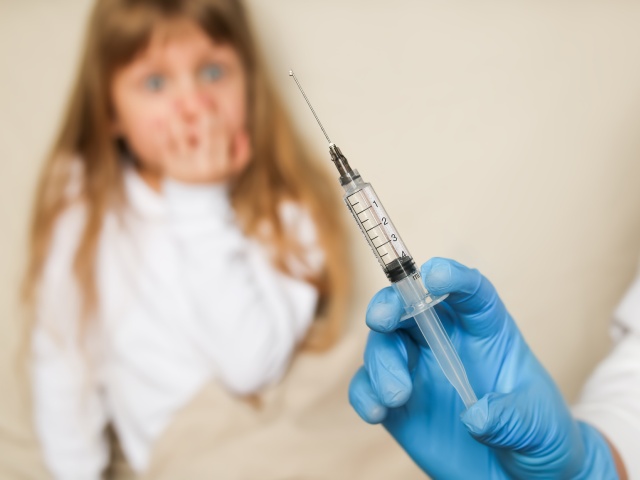

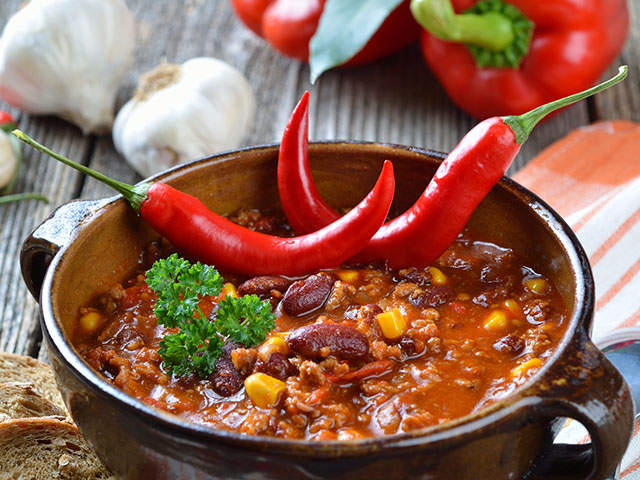

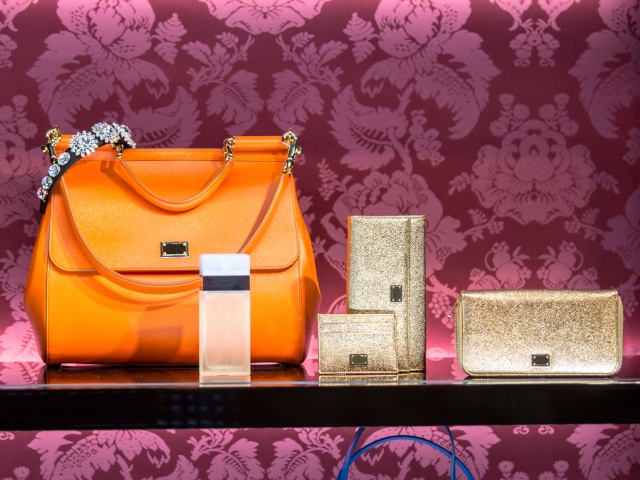
Don't put any more groceries into that bag. If you do, it's going to break.
| Pravděpodobná budoucnost: |
|
It's going to break.
|
|
It's very likely it'll break.
|


You're almost all packed up, are you going to leave soon?
| Blízká budoucnost: |
|
Are you going to leave soon?
|
|
Are you leaving soon?
|


Go and do, go do = konstatování, že se něco udělá
Pro obyčejné konstatování, že se jde něco udělat, použijeme GO AND + infinitiv. V infinitivu jsou často slovesa typu BUY, GET, HELP, CHECK, DO, COLLECT a SEE:
|
I'll go and buy some chips.
|
Půjdu si koupit brambůrky. |
|
Could you go and help Jenny?
|
Mohl bys jít pomoct Jenny? |
|
Can you please go and check the chicken in the oven?
|
Můžeš prosím jít (a) zkontrolovat kuře v troubě? |
V hovorové angličtině se může AND vynechat:
|
I'll go buy some chips.
|
|
Could you go help her?
|
|
Can you go check the chicken?
|
Brandon's waiting for you outside the house. You should go and talk to him.
|
go and talk to him
|
|
go talk to him
|

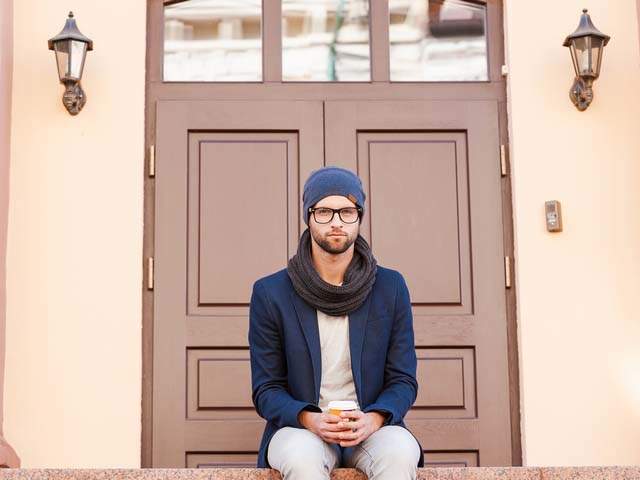
Could you go and get me an apple from the fridge?
|
go and get an apple
|
|
go get an apple
|


Go on doing = pokračovat ve stejné činnosti
Pokud mluvíme o pokračování ve stejné činnosti, použijeme GO ON + -ING:
|
Danny went on complaining (= kept complaining) about Claire for over 30 minutes.
|
|
The children enjoy it, they will go on surfing (= continue surfing).
|
I couldn't sleep at all. The neighbour's dog went on barking for hours.
|
He went on barking.
|
|
He kept barking.
|


If you go on training hard, you have a great chance of winning the race.
| If you go on training... |
| If you continue training... |

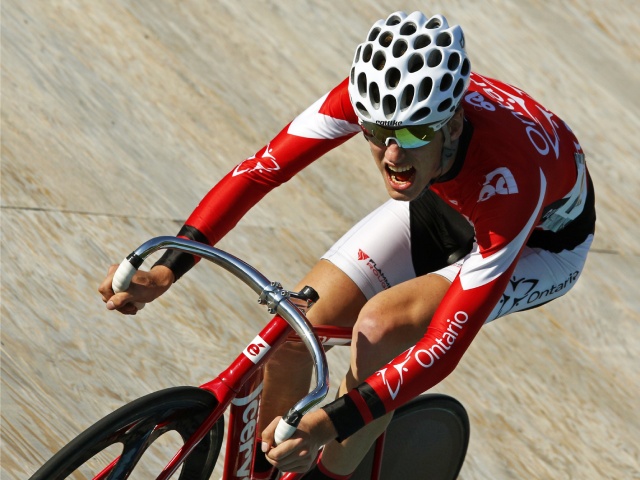
Go on to do = pokračovat něčím novým
Pokud začneme dělat něco nového/dalšího, použijeme GO ON TO + infinitiv:
|
First Danny talked about his new flat and then he went on to complain about Claire.
|
|
The children don't enjoy surfing, they'll go on to do something else.
|
Porovnejte:
| Stejná činnost | Něco dalšího |
|---|---|
|
Travelling was so much fun, so I went on travelling until June.
|
When I finished university, I went on to travel.
|
What did you do after the picnic? Did you go on to watch the sunset?
| Dělat něco dalšího: |
|
go on watching to watch the sunset
|


I don't want to go on lying on the beach the whole day. We should go on to do something more active.
| Stejná činnost: |
go on to lie lying on the beach
|
| Něco dalšího: |
go on doing to do something else
|


Často používaná spojení s GO:
|
go on about something
|
nadále o něčem mluvit |
|
have everything going for somebody
|
mít předpoklady k tomu být úspěšný |
|
to go
|
s sebou |
|
be going on
|
dít se |
|
go missing
|
ztratit se |
|
go unreported
|
nebýt ohlášeno |
|
Vicky goes on about (= keeps talking about) John. She's clearly still upset about the break-up.
|
|
John has everything going for him. He has a fantastic career, an amazing family and good looks.
|
|
Do you want your coffee here or to go (= take away)?
|
|
What is going on? (= What is happening?)
|
|
Our cat went missing a few days ago. I hope she's ok.
|
|
Why do so many crimes go unreported?
|

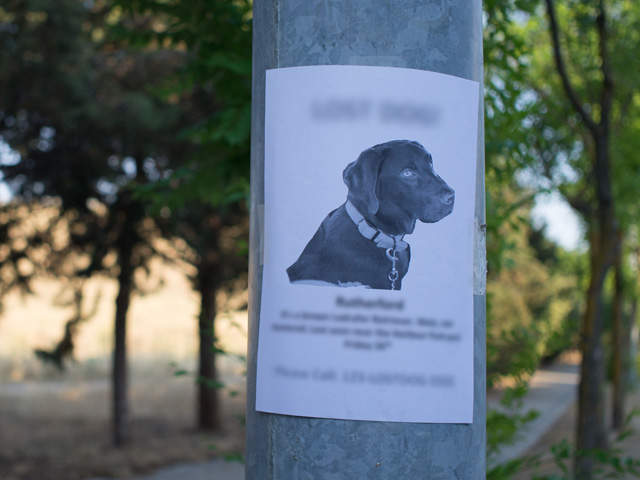


Would you like that cheeseburger to go? – No thanks, I'll eat it here.
|
a cheeseburger to go
|
|
a takeaway cheeseburger
|

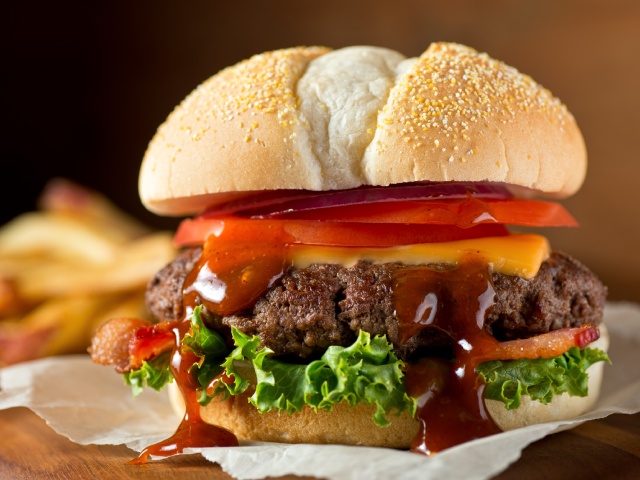
What's all the noise? What's going on? – We're just having a little celebration.
|
What's going on?
|
|
What's happening?
|


You're smart, beautiful and hardworking. You have everything going for you.
|
You have everything going for you.
|
|
You have all the qualities that can make you successful.
|


Vazby se slovesem GO – nejdůležitější body:
| Volnočasová aktivita: | go cycling |
| Záměr: | be going to cycle |
| Blízká budoucnost: | |
| Něco se udělá: |
go (and) cycle
|
| Pokračovat stejnou činností: | go on cycling |
| Pokračovat další činností: | go on to cycle |
Doporučujeme si procvičit vazby se slovesem GO v našich cvičeních.

 landigo
landigo